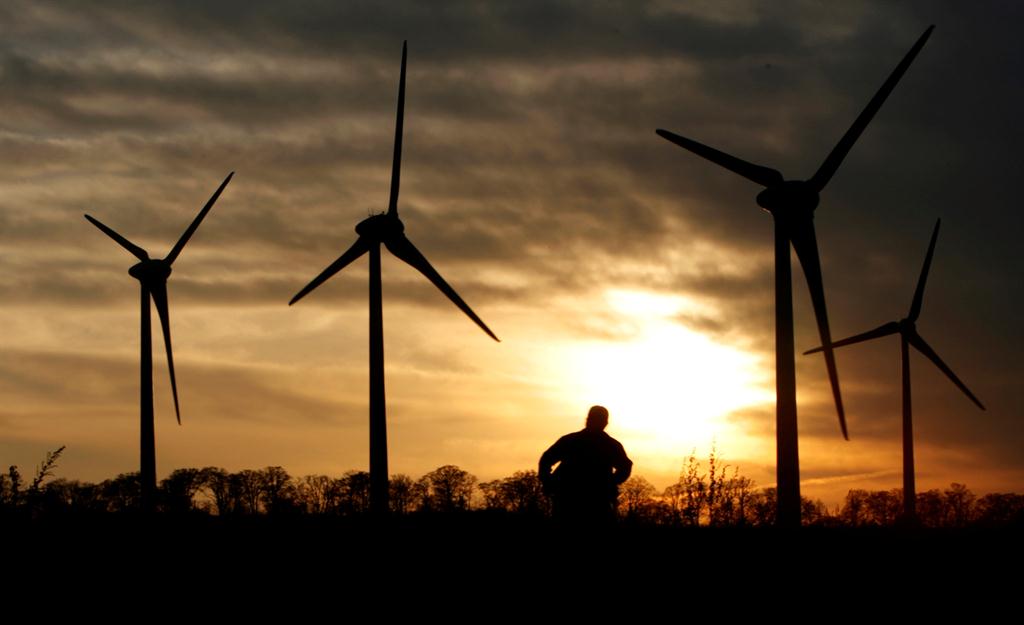Savings investment gap deteriorating
For the period of 2013 to 2020, final consumption expenditure has on average accounted for 95.5% of the Gross Domestic Product (GDP).
PHILLEPUS UUSIKU
For the past 7 years, except for 2020, Gross Fixed Capital Formation (GFCF) or investment was consistently higher than gross savings.
According to the Namibia Statistics Agency (NSA), this is a reflection of capital outflows from the domestic economy to the rest of the world economy.
Gross savings is the difference between disposable income and final consumption expenditure. Hence, the more a country spends its national income on consumption, the less resources are available for investment and savings, and consequently, for future production.
For the period of 2013 to 2020, final consumption expenditure has on average accounted for 95.5% of the Gross Domestic Product (GDP), NSA pointed out.
In 2020, final consumption expenditure stood at N$168.1 billion of which N$121.5 billion was private consumption and N$46.5 billion was government consumption. In real terms, the government final consumption expenditure dropped by 1.5% in 2020 compared to a growth of 1.5% posted in the preceding year. Additionally, growth in real private consumption expenditure shrunk by 9.3% compared to a poor growth of 1.3% in 2019, NSA said.
Development
The ratio of GFCF to GDP is a vital indicator for the potential future development of any country. The average ratio of investment to GDP over the period 2013 to 2020 was 22.8%. The ratio of investment to GDP in 2020 stood at 13.5%, making it the lowest ratio compared to 15.4% recorded in 2019, NSA pointed out.
Namibia continues to be a net importer of goods and services over the period of 2013 to 2020, thus recording trade deficits throughout the reporting period. The value of goods imported decline to N$ 65.5 billion in 2020 from N$ 75.2 billion in 2019.
Similarly, imports of services in nominal terms in 2020 dropped by 9.1% to N$ 7.7 billion in 2020 from N$8.5 billion in 2019. Thus, the total imports of goods and services in current prices shrunk by 12.5% to N$73.2 billion in 2020 from N$83.6 billion in 2019.
The value of goods exported in 2020 amounted to N$53.8 billion, down by 5.5% from the 2019 levels. A similar trend was also observed in the services exported, contracting by 46.1% to N$4.3 billion from N$8.1 billion recorded in 2019. In 2020, export of goods and services was valued at N$58.2 billion down from N$65 billion in 2019.
Overall, the domestic economy contracted by 8.0% last year compared to a decline of 0.6% registered in 2019.
For the past 7 years, except for 2020, Gross Fixed Capital Formation (GFCF) or investment was consistently higher than gross savings.
According to the Namibia Statistics Agency (NSA), this is a reflection of capital outflows from the domestic economy to the rest of the world economy.
Gross savings is the difference between disposable income and final consumption expenditure. Hence, the more a country spends its national income on consumption, the less resources are available for investment and savings, and consequently, for future production.
For the period of 2013 to 2020, final consumption expenditure has on average accounted for 95.5% of the Gross Domestic Product (GDP), NSA pointed out.
In 2020, final consumption expenditure stood at N$168.1 billion of which N$121.5 billion was private consumption and N$46.5 billion was government consumption. In real terms, the government final consumption expenditure dropped by 1.5% in 2020 compared to a growth of 1.5% posted in the preceding year. Additionally, growth in real private consumption expenditure shrunk by 9.3% compared to a poor growth of 1.3% in 2019, NSA said.
Development
The ratio of GFCF to GDP is a vital indicator for the potential future development of any country. The average ratio of investment to GDP over the period 2013 to 2020 was 22.8%. The ratio of investment to GDP in 2020 stood at 13.5%, making it the lowest ratio compared to 15.4% recorded in 2019, NSA pointed out.
Namibia continues to be a net importer of goods and services over the period of 2013 to 2020, thus recording trade deficits throughout the reporting period. The value of goods imported decline to N$ 65.5 billion in 2020 from N$ 75.2 billion in 2019.
Similarly, imports of services in nominal terms in 2020 dropped by 9.1% to N$ 7.7 billion in 2020 from N$8.5 billion in 2019. Thus, the total imports of goods and services in current prices shrunk by 12.5% to N$73.2 billion in 2020 from N$83.6 billion in 2019.
The value of goods exported in 2020 amounted to N$53.8 billion, down by 5.5% from the 2019 levels. A similar trend was also observed in the services exported, contracting by 46.1% to N$4.3 billion from N$8.1 billion recorded in 2019. In 2020, export of goods and services was valued at N$58.2 billion down from N$65 billion in 2019.
Overall, the domestic economy contracted by 8.0% last year compared to a decline of 0.6% registered in 2019.





Kommentar
Allgemeine Zeitung
Zu diesem Artikel wurden keine Kommentare hinterlassen